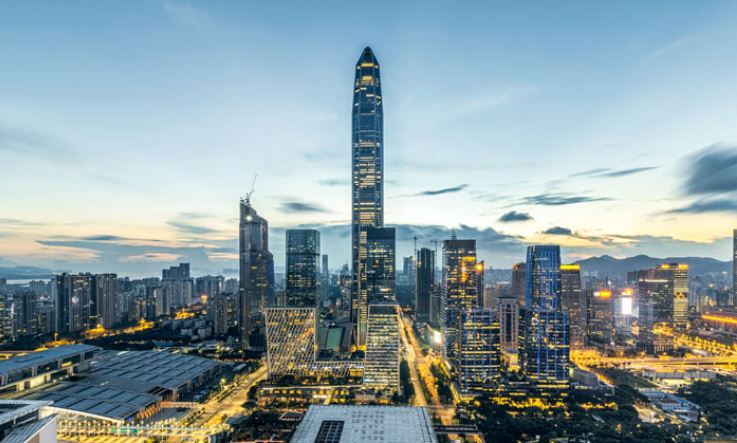[UK_Intellegent Transport] Deloitte launches the second phase of its City Mobility Index
Deloitte launches the second phase of its City Mobility Index
The City Mobility Index illustrates how Shanghai, Shenzhen, Beijing and Hong Kong are rapidly improving their mobility systems…
By Intelligent Transport13 June 2018
Source: https://www.intelligenttransport.com/transport-news/68986/deloitte-city-mobility-index/
The second phase of the Deloitte City Mobility Index – 2018 has been launched, evaluating 29 additional cities and rating how well they use technological developments to provide new solutions.
The Index creates a new way for city officials, transport operators and public planners to gauge how prepared their networks are for the rapid changes that are occurring in the transportation ecosystem, known as the ‘Future of Mobility’.
“The release of the second phase of the Deloitte City Mobility Index – 2018 continues to set the stage for increased learning around the future of mobility and how cities around the world are leveraging new technologies to advance the global transport system,” said Simon Dixon, Deloitte’s Global Transportation Leader. “With the rapid speed of change and issues including high congestion, poor air quality, expanding the metro network and widespread adoption of emerging technologies, the Index provides a key framework for cities to learn from each other and power the transport systems of tomorrow.”
Now included is analysis of Shanghai, Shenzhen, Hong Kong and Beijing, noting their strengths and challenges. As a whole, cities in China are at different stages of improving their mobility, each with a unique set of challenges and investments that are either hindering or driving growth.
Tokyo, Seoul, London and Singapore all received high marks in the Index due to their innovative solutions and ability to create a more efficient, multi-modal transport system. Shenzhen in China, is also leading the way. With consistent focus and investments in the electrification of transport modes, Shenzhen has established its presence with the world’s largest electric bus fleet. The city also has very strong car and bike-sharing systems; providing first- and last-mile solutions. The transportation authority of Shenzhen is currently focusing on tackling the high congestion levels in the city by using technologies and effective parking management.
The Index also revealed that although Hong Kong has one of the most reliable, efficient and accessible transportation networks of the examined cities in China, it has been lagging in its testing and adoption of new technologies. Without the advent of ride-sharing and autonomous vehicle testing as well as an environment that fosters innovation, the city could risk its position as a global model for public transportation.
Recognised for its metro system, Shanghai continues to invest in building a more innovative transport system. The city has substantial expansion plans for its transportation infrastructure and is enforcing sustainability through its robust underground pedestrian network.
Congestion levels remain a significant challenge across China. In order for the cities to keep up with other major markets across the globe, efforts to reduce congestion and air pollution need to be priorities.
“Chinese cities are clearly recognising the potential to lead on the future of mobility and are testing innovative solutions to keep pace with the unmatched rate of disruption,” said Clare Ma, Government & Public Sector leader, Deloitte China. “With forward-looking initiatives and commitments from both the public and private sector to address key pain points for Chinese mobility, the region is poised to become a model for future transport systems for years to come.”